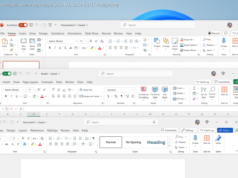Voyage, the self-driving technology company that spun out of Udacity earlier this year when some executives and students decided to commercialize their work,..
Voyage, the self-driving technology company that spun out of Udacity earlier this year when some executives and students decided to commercialize their work, has been testing its autonomous vehicles in a retirement community in San Jose, and is looking to expand its trial.
The testing at Villages Golf and Country Club in California has involved using a modified Ford Fusion equipped with self-driving software and additional sensors, including LiDAR and radar, in a community which has about 4,000 residents. The roads, which are controlled in terms of allowed traffic, offer a good starting point for autonomous testing, according to a new report from the New York Times, because they cut down on the number of variables that have to be taken into account.
So far, Voyage has been testing on 15 miles of road which are shared with pedestrians, pets, other cars and even golf carts – but all with a max speed limit of 25 miles per hour. And though the roads are used like public ones, they’re private, which gives Voyage leeway in terms of how much information it has to disclose about its testing to public entities and regulators.
Voyage also thinks retirement communities are a good target audience in terms of AV use: seniors who no longer drive themselves stand to benefit a lot from being able to regain independent through use of self-driving ride hailing services and on-demand transportation.
The NYT reports that Voyage had to jump through a few hoops to make the test work – including paying double for insurance and agreeing to hand over anonymized data to its insurer, and providing an equity stake in the company to the Villages itself. But it sounds like a logical test starting point, and also a way to approach the problem differently form some of Voyage’s larger competitors.






